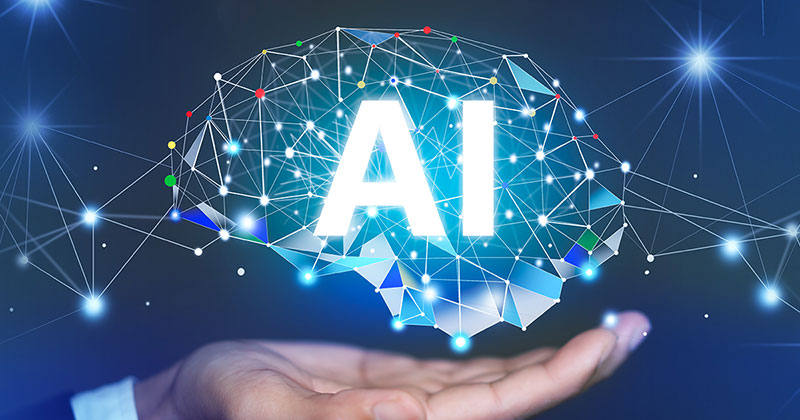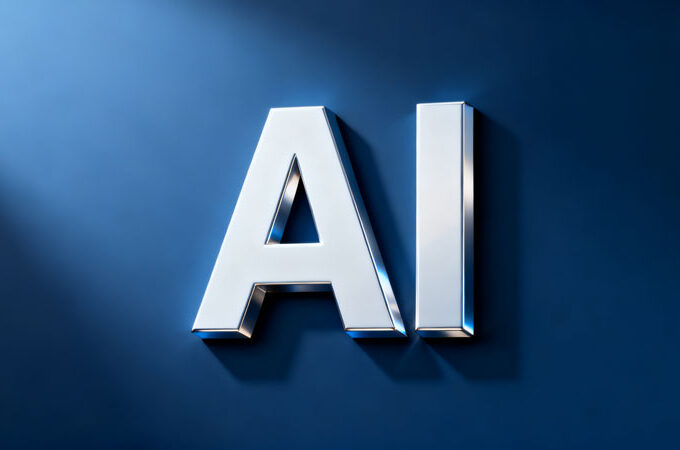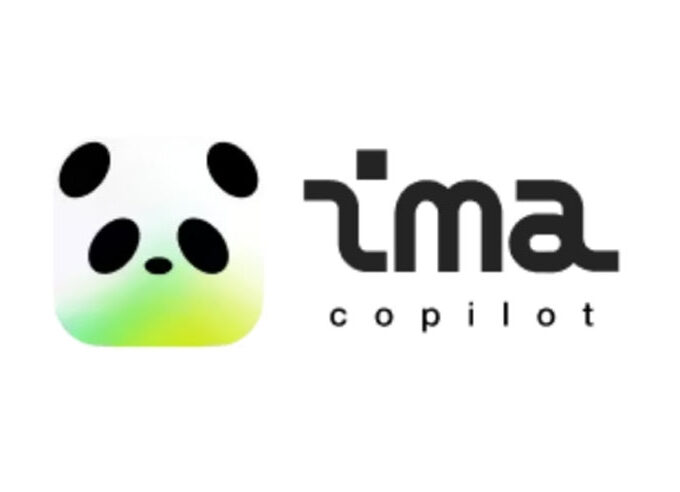Microsoft released an announcement last month titled “New Future of Work,” emphasizing that users should focus not on how AI will affect work but on expressing their desired use of AI technology in the workplace.
If this announcement translates into reality, the future of work will evolve from rigid combinations to gradual flexibility, ultimately reshaping our daily business processes and experiences.
However, from the content of the report alone, it seems more like Microsoft is explaining the expected value of the $13 billion investment in OpenAI rather than providing a specific analysis of the profound impact of AI technology on the work environment.
The announcement acknowledges the current issues with AI. While it can speed up certain tasks (for example, AI is claimed to assist in writing tasks with a 37% submission rate), it also reduces the accuracy of many jobs. Studies citing relevant reports have found a 19% decrease in accuracy among Boston Consulting Group experts after using large language models, which is undoubtedly unwelcome news for one of the top global consulting giants.
From Microsoft’s announcement, it appears that the software giant confidently asserts that only Microsoft can solve the problems caused by itself (or the new problems triggered by funding OpenAI).
In the later part of the report, Microsoft seizes the opportunity to promote a solution to the accuracy issues with large models: Copilot. Whether or not it is widely accepted, Copilot has the ability and willingness to step up and face challenges.
Microsoft cites internal research claiming that, like other large models, “users found that Copilot significantly reduced their daily workload.” Microsoft also emphasizes another significant advantage of Copilot: “it generally does not impact the quality level in most cases.” While “not impacting the quality level” may not be a highly positive assertion, it is at least a non-negative starting point, representing Copilot’s initial acceptance by more people.
According to Microsoft’s explanation, “a survey of Copilot enterprise users also shows that the audience generally perceives tangible time-saving effects.” It’s crucial to note the wording here – “perceives tangible.” Additionally, “68% of respondents believe that Copilot actually improved their work quality.”

But are These Numbers and Assertions Really Reliable?
Since the release of Copilot Pro earlier this month (an advanced version driven by OpenAI’s large model robot, now integrated into Microsoft 365), many users have given negative reviews, stating that its effectiveness is low, the price is high, and it often makes mistakes without solving actual problems.
Microsoft has been trying to market Copilot as a coding product, claiming that research on GitHub Copilot users found an increase in development speed. However, looking at more data, AI seems to make code more complex. Tools like GitHub Copilot tend to add new code rather than remove or update existing code, leading to increasingly bulky and complicated existing applications.
In the announcement, Microsoft also quotes a study claiming that large language models can significantly help employees with limited professional experience. However, just a few pages later, the report mentions that even minor semantic differences in prompt words could lead to entirely different results. Can beginners grasp such subtle differences in requirements? Clearly not.
Microsoft states that inexperienced employees may find it challenging to provide prompt words that return accurate information, but not to worry, the “Copilot Lab project will help users master skills and efficiently interact with large language models through a series of recommendations.”
In other words, relying on ChatGPT to generate accurate prompt words and using Copilot, also based on the GPT model, to generate good results – this doesn’t sound very reliable.
Microsoft released this report last month, just after it integrated Copilot into the Microsoft 365 suite. More importantly, this move made Microsoft the second company in history to reach a market value of $3 trillion after Apple. So, regardless of the actual results, the audience seems to be buying into this software giant’s aggressive promotion of AI solutions.
Looking back at this report, Microsoft’s significant push into AI investment seems to be paying off. After all, $13 billion represents a massive sunk cost, and Microsoft cannot afford to let it go to waste. However, this has also attracted regulatory attention. The Federal Trade Commission in the United States announced last week that it is investigating Microsoft’s AI investment activities with OpenAI and other large tech companies. The European Commission and the UK Competition and Markets Authority have also initiated separate investigations, focusing on whether there is any suspicion of anti-competitive behavior in the collaboration between Microsoft and OpenAI.
Microsoft? Anti-competitive? Sounds Familiar
At the end of the report, this software giant points out that “the future of work will manifest as rich choices, not rigid combinations” – and in the midst of this massive change, AI will undoubtedly become the core force shaping the landscape of work.
On this issue, Microsoft mentions that “major players in the AI field have expressed their judgments on the future of work,” listing the OpenAI Charter and the Microsoft Copilot development vision as their answers.
However, this report does not delve into the issues of malicious use of AI to pollute search results or poison AI datasets, nor does it consider how organizations like OpenAI, aggressively grabbing data from the internet and freely training their models, will have a profound impact on the creative industry.
So, from this announcement, it seems that Microsoft only cares about the widespread adoption of its own AI, not so much about the actual quality.
Therefore, in future workplaces, people will undoubtedly have more diverse and flexible options. The definition and boundaries of diversity and flexibility will be determined by Microsoft and OpenAI. Yes, that’s how the business game is played.













Leave a comment